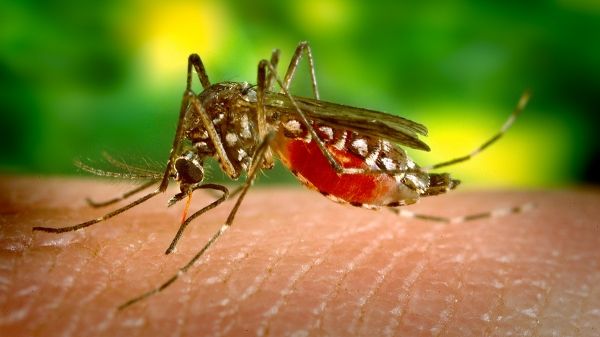Mosquito-borne diseases, including malaria and dengue, kill more than 1 million people each year. Scientists track mosquito populations to predict and combat disease outbreaks, but local communities in infected areas also have a vital role to play in mosquito research.
Global Learning and Observations to Benefit the Environment, or GLOBE, began more than 25 years ago as a program designed to educate students—and the public—about Earth system research and to allow people to participate in research in a meaningful way. In 2017, the program’s GLOBE Observer (GO) app introduced the Mosquito Habitat Mapper tool, allowing volunteers to share on-the-ground observations about mosquito populations, including habitat documentation, larvae counts, and photos of habitats and specimens.
The Mosquito Habitat Mapper program is designed to gather meaningful data regardless of a volunteer’s ability or interest level. Volunteer scientists can record observations without an Internet connection, and they can complete as many or as few questions as they like at a given time. An “I’m not sure” option reduces errors from guessing.
Continue reading at American Geophysical Union
Image via American Geophysical Union


